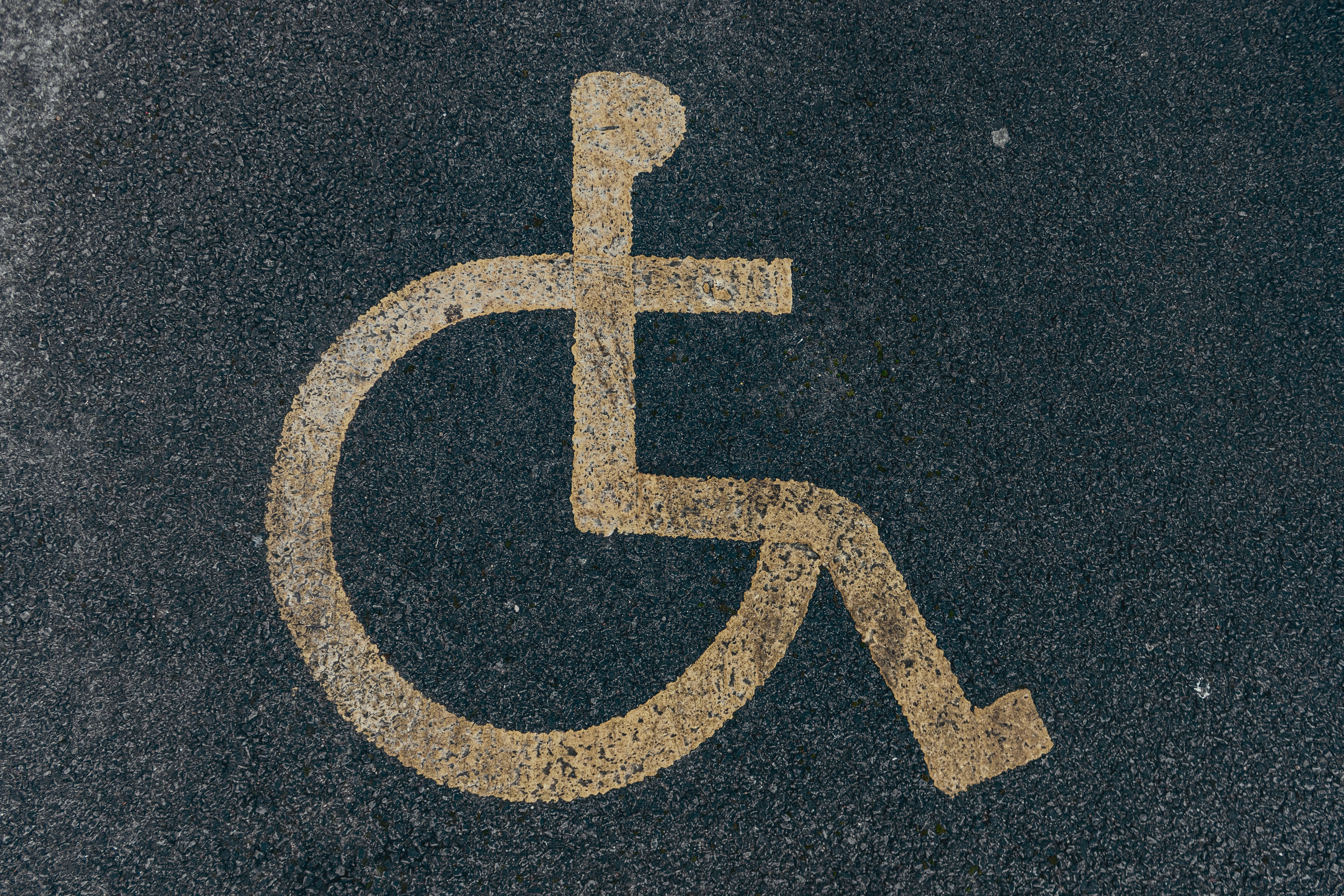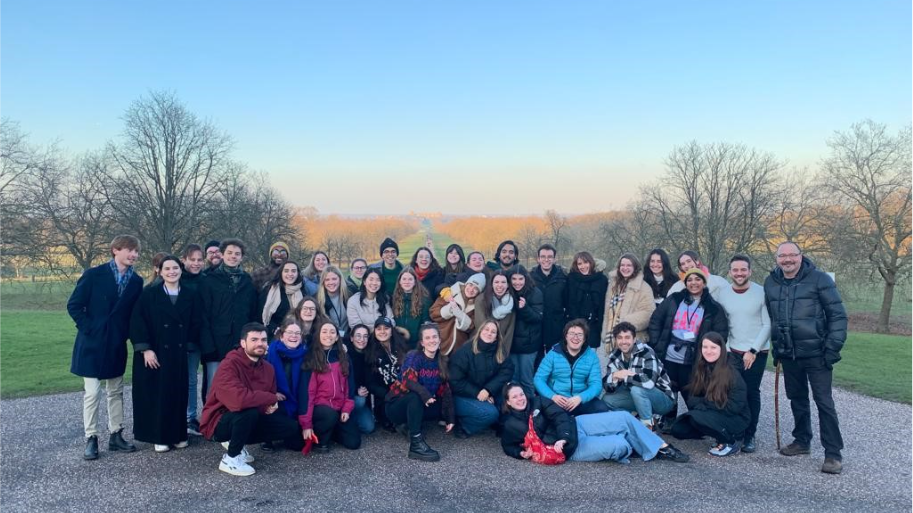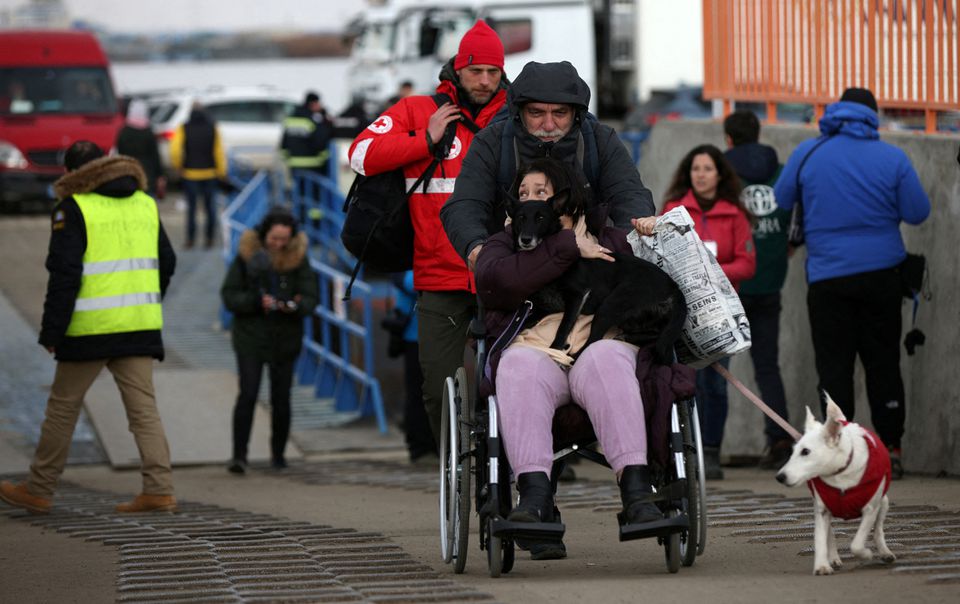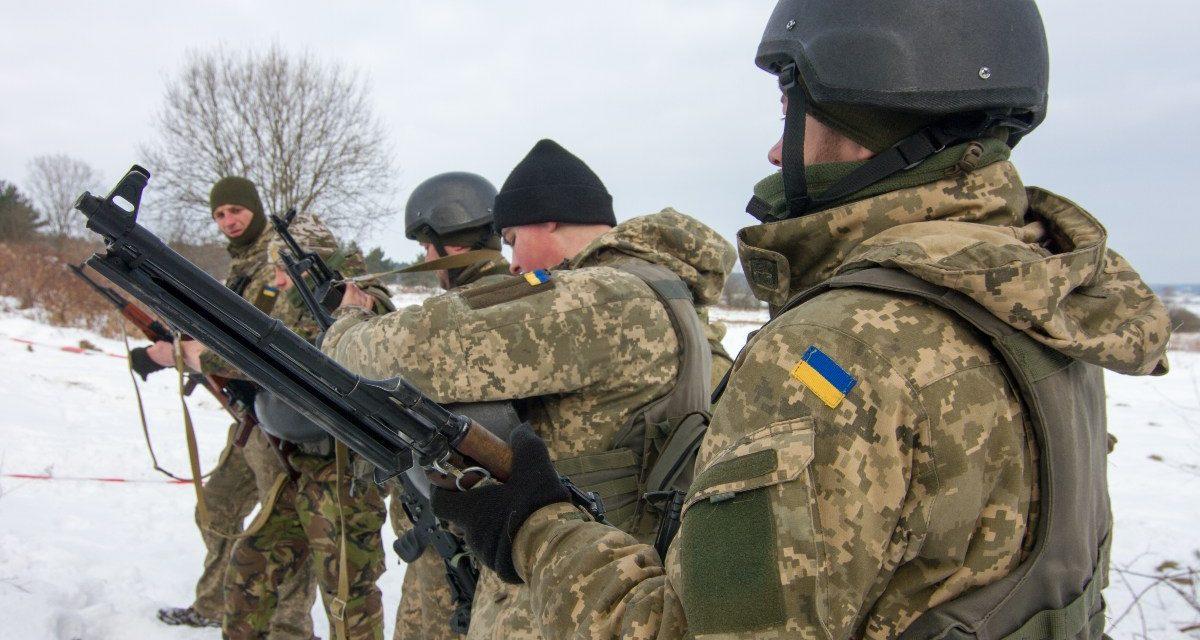Multi-award-winning disability activist and LSE ID alumna Anna Landre recently gave a talk at LSE on her experience aiding disabled people caught up in the Russia-Ukraine War. In relation to this activity, Anna received the 2022 LSE Volunteer of the Year Award whilst studying for a Master of Science in International Development and Humanitarian Emergencies at LSE. Read what MSc candidate Rona Post took away from Anna’s talk below.
Anna Landre, during her visit to LSE on 26 October, discussed her experience with aiding disabled people caught up in war-torn Ukraine. Anna, a wheelchair user, is one of many disabled people who wish for disability to be understood as a social identity and natural part of human diversity. For instance, per a 2019 Washington Post article, she encourages ‘identity-first’ language when speaking about disabled people, as opposed to the ‘person-first’ language convention which has been criticised by many in the disability community, particularly in the UK. Anna takes pride in disability, and, after listening to her, it comes as no surprise that she has found a global audience when speaking on these subjects. Internationally, she advocates for changing the way we converse about and interact with disability, for example in humanitarianism.
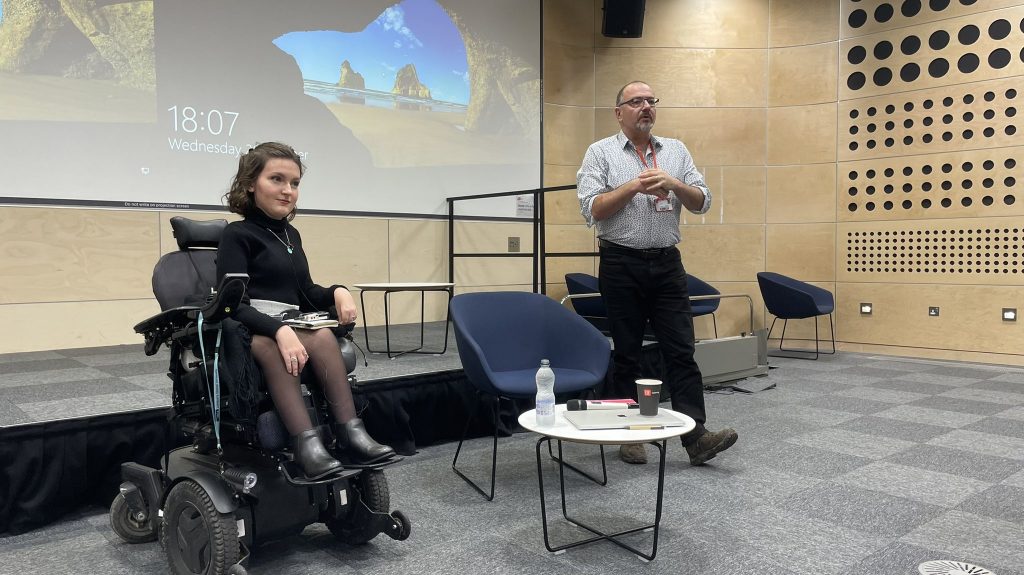
Anna is a humanitarian and works in rescue operations for disabled people in crises through the Partnership for Disaster Strategies (The Partnership). Previously, this disability-led organisation operated in the Americas only. With Anna’s help, they expanded to the Caribbean and, in 2022, also assisted in the Russia-Ukraine War.
Anna explained how The Partnership got involved with the response in Ukraine, first by connecting with Fight for Right, a Ukrainian Disabled Persons Organization, via Twitter. When the war broke out, Anna received many messages from disabled Ukrainians. She subsequently asked the Partnership if they could do something, despite not operating in Europe. Her request caught on, and the Partnership reached out to non-disability focused organisations operating in, and near, Ukraine. Unfortunately, the response was not what the Partnership anticipated; there was little disability-inclusive assistance offered by mainstream humanitarian organisations. Anna mentioned several examples, such as a lack of wheelchair-accessible evacuation buses and insufficient provision of alternative transport for people with mental health issues struggling to get on busy transport linkages. Anna mentioned that these organisations used the excuse of not having budgets for disability inclusive aid; she expressed frustration with this idea that the needs of disabled people require specific budgets to be accommodated.
Anna explained that the Partnership did what they could to arrange appropriate disaster services for disabled evacuees, but that since they were innovating such a new model of aid delivery, success was sometimes a matter of ‘trial and error’. On one side, local partner NGOs lacked experience executing appropriate evacuations. On the other side, the Partnership had no pre-established regional networks in Ukraine permitting effective disaster service coordination. In the meantime, Ukrainian people were already calling up and asking for help. The first thing the Partnership needed to do was gather people requesting help in one place. Coordinating this, the Partnership started a hotline and identified team members, including Anna, as case managers. Case managers coordinated requests and arranged logistics, including provision of shelter and medical and counselling services.
Looking at the wider ‘politics of rescue’, Anna said humanitarians are confronted which a choice of who – and, perhaps more importantly, who not – to help, emphasising that disabled Ukrainians were and still are disproportionately unassisted. Anna grounds this in a socially constructed ‘politics of rescue’, which she argues negatively impacts the disabled community’s ‘right to rescue’. Anna’s LSE Master’s dissertation, titled “Disability in the Humanitarian Response in Ukraine: Gaps in Inclusive Aid and The Emergence of Disabled Aid Providers,” looks at the overload of policies and regulations aiming to combat such politics of rescue and the gaps that persist. Anna noted that, often, the problem relates to the complexities of turning such policies and regulations into practice.
More generally, Anna discussed how disability is often ‘tagged on’ in humanitarian projects, meaning it is added as a separate and deprioritised task. Anna argues this is inappropriate. She explained disability is often framed as something so abnormal that it is legitimately excluded from humanitarian activities. Such ‘embedded resistance,’ Anna explains, happens because ‘ableism’ – norms favouring non-disabled over disabled people – is entrenched in humanitarianism. Anna highlights how ableism intersects with the ‘marketisation’ of the humanitarian sector. This negatively impacts disabled people because they are collectively perceived as ‘more expensive’ to aid than non-disabled people, which, in turn, justifies their exclusion in humanitarian operations.
Regarding aid quantification, Anna claimed that while it may be expensive to adjust plans and policies to include appropriate measures for disabled people, such expenses can be decreased if they are included at the beginning of plans and policy making. She noted that currently, humanitarian operations do not attach enough value to the disabled community for this to happen because of an idea that non-disabled people are ‘worth more to save,’ and the existence of a ‘normality’ spectrum which excludes people falling outside its assumed boundaries.
Looking at what needs to change, Anna mentioned a few points, starting with a need to mainstream a ‘disability lens,’ like a ‘gendered lens’. Gender was, historically, also often ‘tagged on’ to humanitarian plans and policies; yet, at some point, it was mainstreamed in humanitarianism by including it in many plans and policies. Anna strongly believes the same ought to happen for disability. Secondly, Anna said disabled people should take charge in filling in gaps of current humanitarian responses. This is because they have greater experience than abled-bodied people in identifying disability requirements. Finally, there is potential in restructuring meeting processes between larger humanitarian actors and smaller disability-led NGOs. Anna explains that larger humanitarian actors often guide meeting procedures, and set agendas, when teaming up with smaller humanitarian actors which results in gaps and oversights. Here, Anna once again stressed the importance of disability leadership. which should be balanced with material support from mainstream humanitarian organisations. Providing a fruitful example from the Russia-Ukraine War, Anna noted that disability-led NGOs ran out of funding quickly. The burden of searching for new resources was time-consuming, and obstructed the full attention and energy of disability-led NGOs going towards aiding disabled Ukrainians.
The views expressed in this post are those of the author and do not reflect those of the International Development LSE blog or the London School of Economics and Political Science.
Main image credit: Image of wheelchair user being evacuated at the Isaccea-Orlivka border crossing, Romania, 8 March 2022 by Stoyan Nenov via Reuters.


